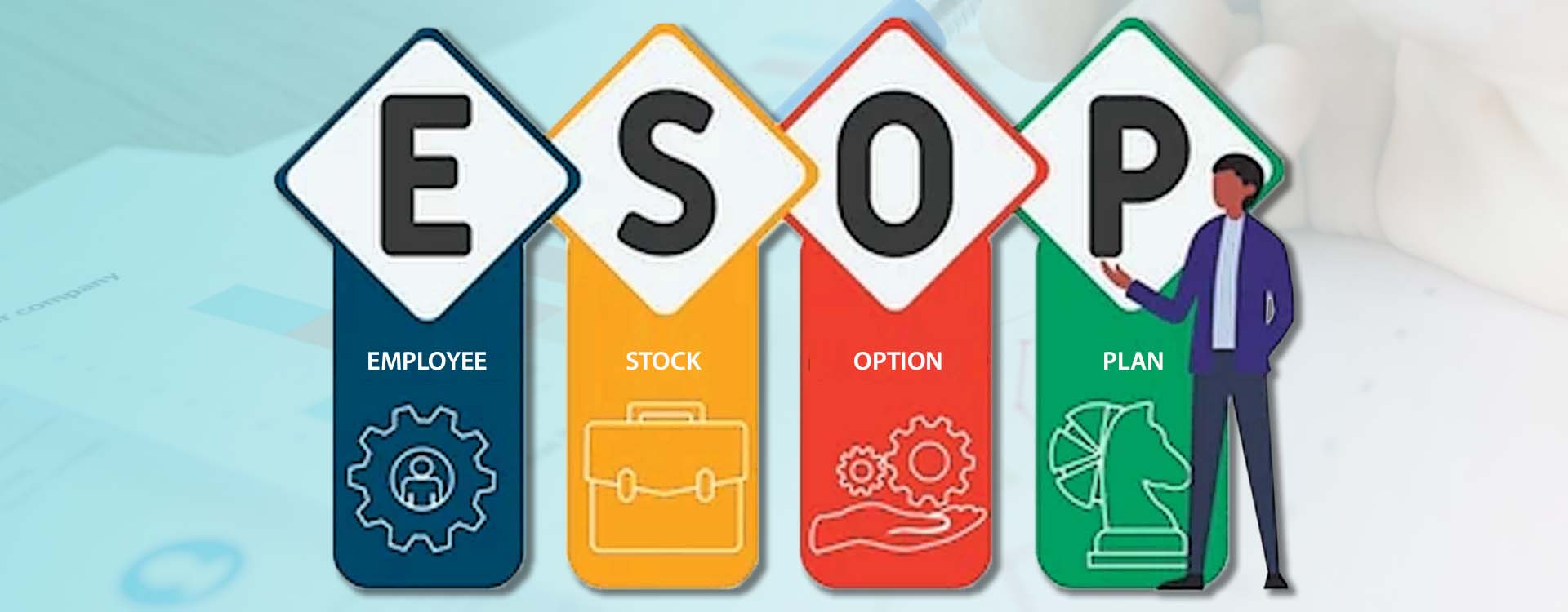A development which has steadily been picking up pace is that the Indian start-up ecosystem has been announcing ESOP (Employee Stock Option Plan) buybacks, one after the other. ‘The Employee Stock Ownership Plan Liquidity Offer 2021’ is highlighted now because most start-ups are facilitating such liquidity programmes to help their staff weather the second wave of the Covid-19 pandemic.
What is ESOP?
ESOP is essentially an employee benefit plan exclusively made available for key roles within an organisation. It’s a program where employees are given a share within the company. Employees associated with the company for a long time as well as decision makers are mostly a part of this programme.
Why are startups considering ESOP buyback exercise?
It’s common knowledge that the domestic economy has taken a beating and any recovery has been stamped out once again this year. Start-ups have seen fit to buyback company stocks from their employees to reward them. Employees are being granted an alternate opportunity for wealth creation. Start-ups are determined not to let their employees’ motivation dwindle due to the bleak circumstances.
Companies in the spotlight
Udaan
The first start-up in the spotlight is Udaan which is doing a buyback exercise for employee stocks worth INR 165-175 Cr. An online B2B Marketplace, Udaan is extending eligibility for the buyback to its active employees who held vested stocks as on the 31st of March 2021.
CRED
The next start-up in the spotlight is CRED which recently concluded its ESOP buyback programme. CRED did the buyback for all its employees, even those that were no longer associated with the company. CRED’s buyback happened during its Series C funding round in November of last year during which time their employee ESOP liquidation was valued at INR 9 crores. The eligibility criteria was extended to employees holding vested stocks and they were able to sell up to 50% of their vested ESOP shares.
Acko
The next start-up worth mentioning is Acko (Bengaluru-based Insurance start-up whose employees could liquidate 40-100% of their vested ESOPs. The eligibility criteria covered employees who were associated with Acko for 3 years. Acko’s ESOP buyback was valued at $2M and 40 employees benefited from the programme.
Other start-ups in the spotlight include PhonePe, PayTM, Zerodha. There’s also Browserstack, and Zetwerk (manufacturing start-up) in the long list of start-ups who’ve been buying back company stocks.
‘‘
CRED’s buyback happened during its Series C funding round in November of last year during which time their employee ESOP liquidation was valued at INR 9 crores.
What’s in it for me?
Start-ups are doing ESOP buybacks as a way to ensure that they retain their technology talents during the pandemic. Corporates are in need of skilled engineering professionals and the pandemic has created a dearth, although a lot of engineers have lost jobs. Overall, it’s a mess and start-ups want to ensure that they don’t lose valuable employees amidst the disruption caused by the pandemic.
ESOPs are a way to provide salary bonuses to employees in exchange of vested ESOP share prices. The money received through ESOP sales becomes part of the employees’ income and giving employees this additional wealth is highly essential during these uncertain times. ESOP buybacks increase the start-up valuation along with the increase in the ESOP pool valuation. Since they often occur in conjunction with an external strategic or fundraising round.




